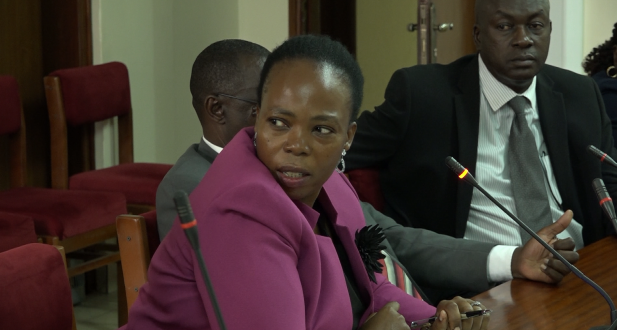President Yoweri Museveni has granted a charter to Muteesa I Royal University, marking a significant milestone in the institution’s academic journey. The National Council for Higher Education (NCHE) confirmed this development in a letter dated March 13, pending the necessary legal procedures for gazetting.
A charter serves as the ultimate approval granted to a higher education institution, signifying adherence to government-mandated standards of academic excellence. It bestows upon the university a status comparable to that of a public university, legitimizing its operations and providing autonomy in academic affairs.
The charter holds immense importance for Muteesa I Royal University, located in Masaka city, as it not only enhances the institution’s credibility but also enables access to various resources. Moreover, it strengthens quality assurance measures, ensuring that students receive a high standard of education.
Founded on the principles of academic excellence, Muteesa I Royal University derives its name from the former Kabaka of Buganda, Muteesa I, who played a pivotal role in introducing formal education to Uganda. Established in Masaka city, the university has expanded its presence with campuses in Kampala, Kayunga, and Mubende.
Despite its rich history and contributions to education, Muteesa I Royal University faced challenges on its path to charter status. In June 2022, the university received a directive from NCHE to cease operations at some study centres, emphasizing the need to optimize resources for effective management.
The process of attaining charter status is a rigorous one, governed by strict requirements set forth by the NCHE. Universities must demonstrate compliance with academic, administrative, and infrastructural standards, ensuring the provision of quality education to students.
To meet these requirements, universities are tasked with establishing essential facilities such as lecture halls, libraries, laboratories, and staff housing. Additionally, they must develop operational procedures, course programs, and assessment methods that align with NCHE standards.
Moreover, universities seeking charter status must maintain a qualified and experienced academic and administrative staff, supported by adequate facilities and resources. Commitment to transparency and accountability is also crucial, as institutions are subject to inspection and evaluation by the NCHE.
Despite the challenges posed by the COVID-19 pandemic, the NCHE remains committed to guiding universities through the charter application process. While the journey to charter status may be demanding, the benefits it brings in terms of academic recognition and institutional autonomy are invaluable.
For Muteesa I Royal University, the charter represents not only a validation of its commitment to academic excellence but also a testament to its enduring legacy in Ugandan higher education.




















